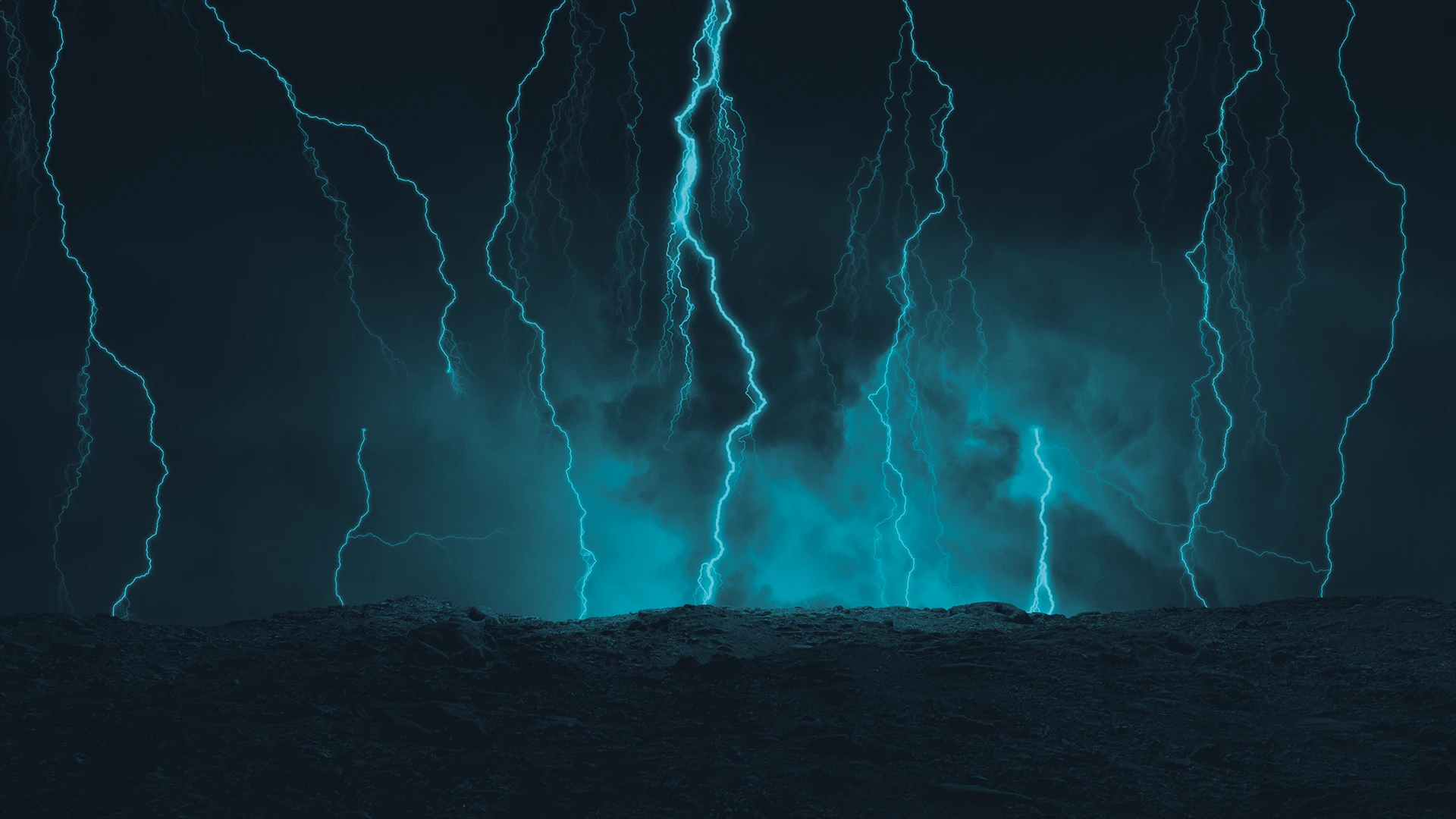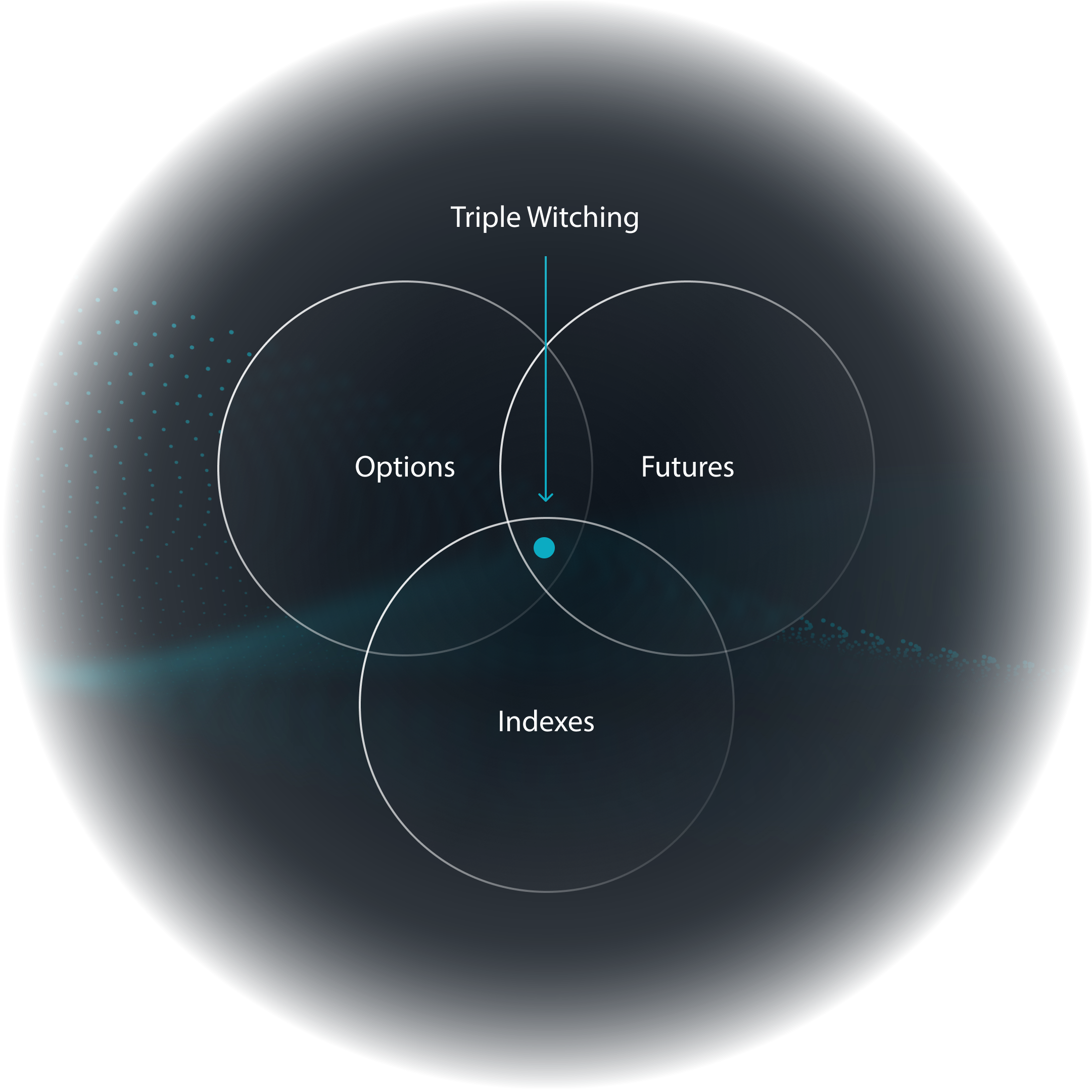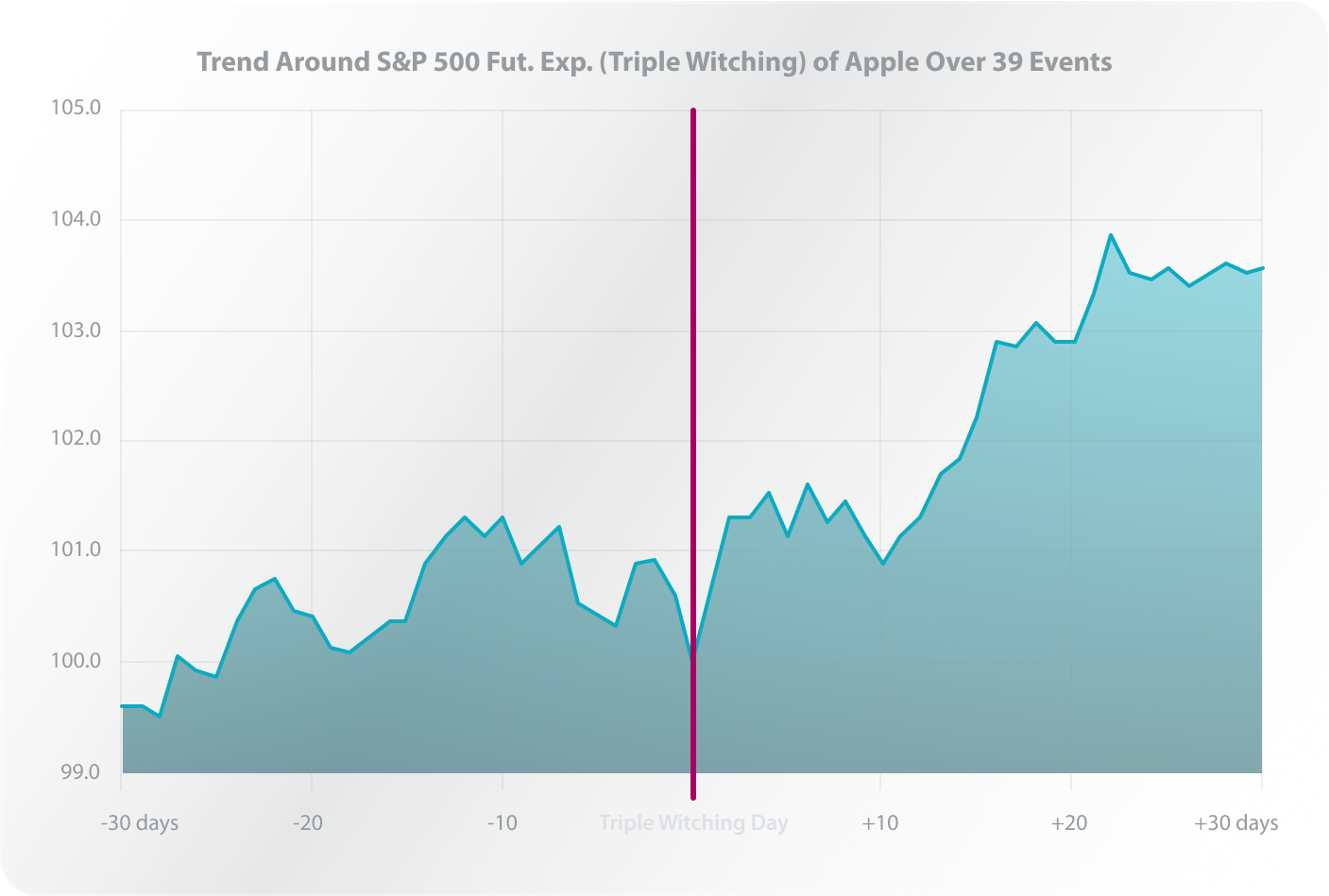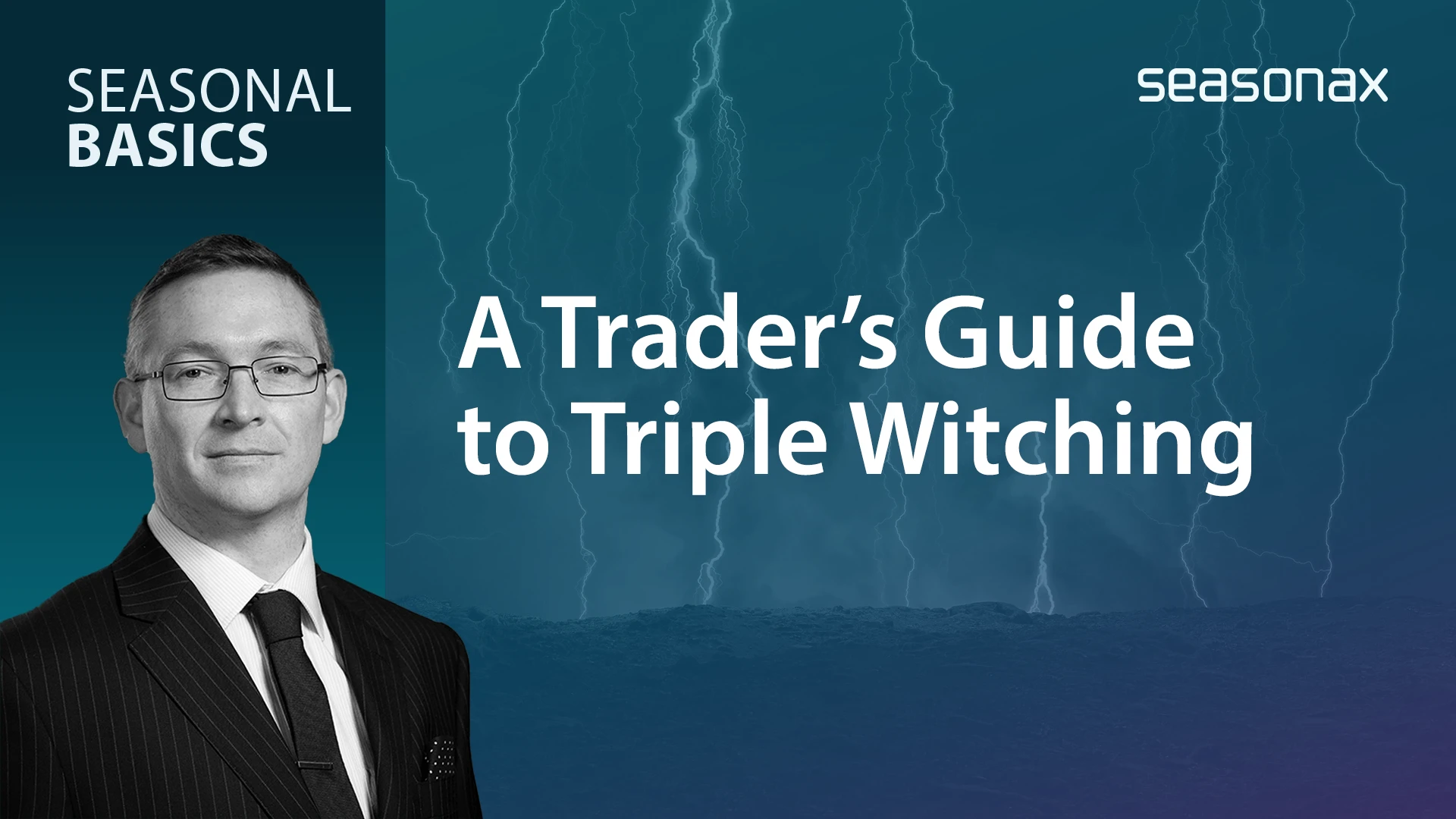
Triple Witching Explained
When Options, Futures, and Indexes Collide
Where Strategy Meets Seasonal Market Moves
What is Triple Witching
Triple Witching isn’t just another calendar event – it’s when options, futures, and indexes collide. This convergence often triggers spikes in volume and volatility, making it one of the most active trading moments of the year. Traders who understand these dynamics can spot temporary market inefficiencies and potential opportunities.
When:
Third Friday of March, June, September, and December
Derivatives Expiring:
Stock index futures, stock index options, and stock options
Market Impact:
Higher trading volume, increased volatility, potential price distortions
Common Misconception:
Not all stocks are affected equally; effects vary by sector and market capitalization
Historical Bias:
December Triple Witching Days often exhibit modest bullish trends
Chaos or Structure
Triple Witching is often seen as chaotic, but it is more structured than many think. Giles Coghlan, our Macro Strategist, explains what happens during these expiry days, so traders can spot useful patterns.

What happens on a Triple Witching Day?
Triple Witching doesn’t always create huge market moves, but it reliably triggers a rush of activity. Expiring contracts force many traders to adjust or close positions at the same time, which can temporarily shift prices and trading patterns. Higher trading volume can make prices move faster, causing quick jumps or drops in stocks and indices.
For traders, this often means faster price swings and short-term opportunities. Watching these moves can reveal how stocks and indices respond under concentrated activity, offering insight into market behavior that isn’t as visible on regular trading days.
Seasonal and Historical Triple Witching Patterns
Research and historical data reveal intriguing seasonal tendencies:
Bullish Bias in December
Studies show that Triple Witching Days, especially in December, often have small bullish trends. Also, this fits with the “Santa Claus Rally,” when U.S. stock markets usually rise in the last week of December.
Pre- and Post-Event Movements:
Most people focus on the day itself, but the days before and after Triple Witching matter too. By looking at multiple days around the event, traders can spot patterns that are often missed.

Source: Seasonax App
Triple Witching vs. Quadruple Witching
Quadruple Witching is similar to Triple Witching, but it adds one extra element, single-stock options expiry. As a result, trading days become even busier, with higher volume and sharper price moves.
Although the action can seem chaotic, both market research and Seasonax analysis show clear seasonal patterns. For example, markets often dip into the witching day and then rebound afterwards, giving traders a repeatable edge.
Key PointS | Triple Witching | Quadruple Witching |
|---|---|---|
Expiring Derivatives |
| + Single-stock futures |
Market Impact | High volume & volatility | Even higher swings |
TIMING | 3rd Friday of March, June, September, December | 3rd Friday of March June, September, December |
The Psychological Impact of Triple Witching on Market Behavior
Beyond statistics, the psychology of Triple Witching plays a significant role. Often, market participants view these days with superstition or caution, believing that they bring “unlucky” outcomes. Although this may seem irrational, collective sentiment can influence price movements, which creates temporary market distortions.

